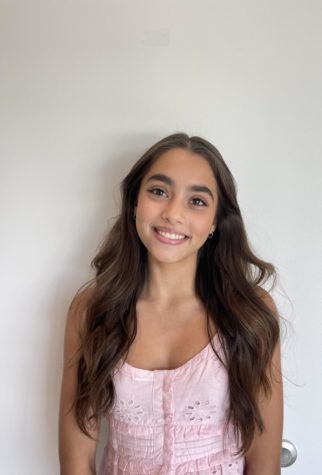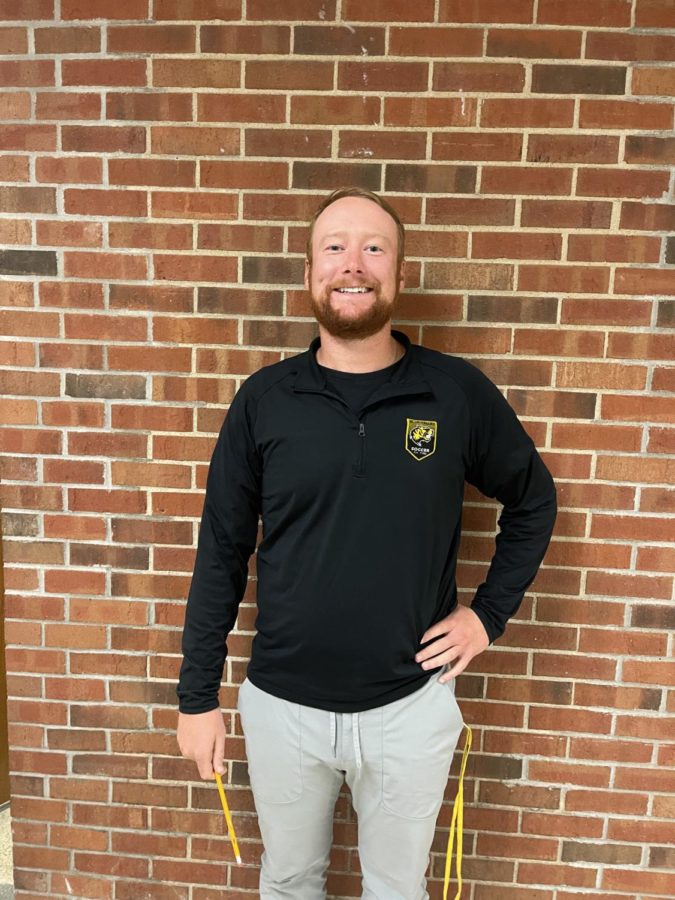Bird is Bringing it Back
If you see students making their trek to surrounding neighborhoods or gathering recycling from classrooms on Friday, they are likely from one of teacher Ryan Bird’s AP Environmental Science (APES) classes. Because of the large number of students who enrolled in Earth Space Science during the 2021-2022 school year, the teacher who formerly taught APES, Mrs. Koch, had to teach Earth Space Science and BV was unable to offer the course. However, AP Environmental Science has made a comeback this year under the new direction of Mr. Bird.
“I’m teaching AP environmental this year because I was excited about taking on a new class,” Bird said. “I think it’s really relevant and important for students to be aware of this topic, and it’s a great challenge for myself and for students that are looking for that extra push to AP with it also being very interesting and a good topic to learn about.”
Even with Bird’s enthusiasm toward APES, teaching a course for the first time is not without its struggles.
“I think the hardest part is that I put a lot of pressure on myself to make sure I’m giving everything the students need,” he said. “I want to make sure that the students are getting something out of it, so making sure that lessons are engaging and thoughtful and hopefully beneficial to the students—it’s just time-consuming.”
Because Bird previously taught younger grade levels, teaching APES requires him to adjust his typical teaching objectives.
“I came from [Oxford] Middle School where I had all eighth graders, and then I taught all freshmen last year,” Bird said. “The difference is that students are coming in ready to roll right away, and we can really go in-depth with the content whereas in years past for me, engaging students and getting them excited about being in class was maybe more of a priority than the content was.”
Students formerly involved with the Environmental Club may have noticed that it has been discontinued. In its absence, the APES classes have taken over this role by collecting recycling on Fridays during class.
“Mrs. Koch [handled] environmental club last year—that’s who did the recycling and tried to help the school be as green as possible,” Bird said. “This year, I’m just busy after school—I coach all three seasons, so I don’t have the time to take on a club, and with APES being focused around the environment, it was a natural tie-in to work in recycling with the class instead of it being a club.”
Bird looks forward to adding his own implementations to the class as he gains experience teaching the course.
“I think the big thing this year is we’re going to try to start a composting program—me and Mr. Mann are working on that together,” Bird said. “We’ve also had talks of trying to get a greenhouse for the school and do either aquaponics or hydroponics. These are kind of all things that we’re just spitballing right now, but hopefully, get rolling next year. This year, I’m just getting my head around what this course is going to be and what it should look like, but in the future, there’s definitely going to be some cool projects that happen inside and outside the classroom.”
If this content sounds appealing or you are looking for a manageable introductory course into the realm of AP, Bird suggests taking APES.
“There’s such a wide range of students that would like this class—if you’re a student that maybe feels like AP is not something you’re capable of, I would argue that this class is a perfect place to start because it is going to push you, but maybe not as much as some of the other AP classes,” Bird said. “People have a lot more background knowledge with this stuff than they give themselves credit for, and a lot of you, especially this generation, have a good base of what this class is. We’ll get a chance to explore that and dive deeper into it—so if you’re interested in that, take APES.”

Ayesha Khan is a senior and is Editor-in-Chief. This is her third year on staff. She is also a captain on the Tigerette Dance Team and dances competitively...




